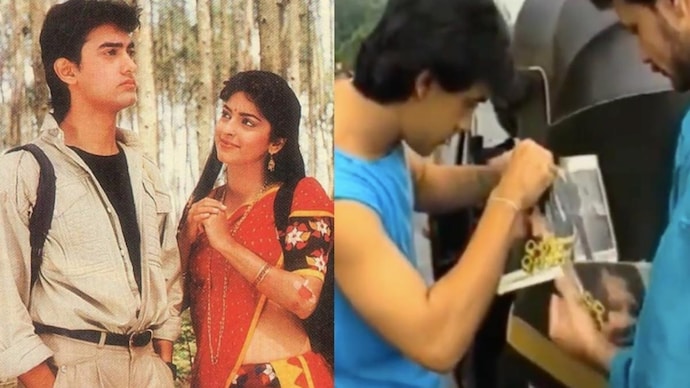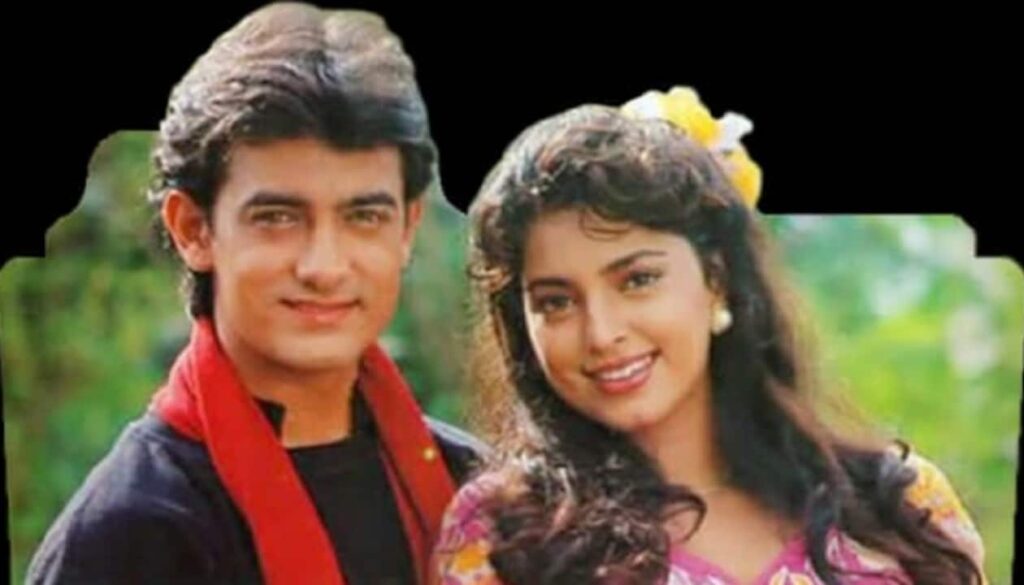In the realm of Indian cinema, there are some movies that transcend time, leaving an indelible mark on the hearts of audiences for generations. One such masterpiece is “Qayamat Se Qayamat Tak” (From Doom to Doom), often abbreviated as QSQT. As we celebrate 36 years since its release, it’s worth delving into what made this film not just a cinematic success, but a timeless love story that continues to capture the imagination of audiences worldwide.
The Genesis of a Classic:
Released on April 29, 1988, QSQT marked the debut of two young talents, Aamir Khan and Juhi Chawla, and introduced audiences to a fresh, heartfelt narrative. Directed by Mansoor Khan and produced by his father, Nasir Hussain, the film emerged as a refreshing departure from the typical Bollywood formula, breathing new life into the romance genre.
A Tale of Forbidden Love:
At its core, QSQT is a tale of star-crossed lovers, mirroring the timeless essence of Shakespeare’s Romeo and Juliet. Aamir Khan portrays Raj, the son of a staunch Hindu family, while Juhi Chawla embodies Rashmi, the daughter of a strict Muslim household. Their love defies societal norms, facing opposition from their families and the world around them.
The Cinematic Brilliance:
Mansoor Khan’s direction infused QSQT with a sense of realism and sincerity rarely seen before in Indian cinema. The picturesque locales of the film, set against the backdrop of the mesmerizing landscapes of Rajasthan, added a layer of visual poetry to the narrative. Moreover, the soulful music composed by Anand-Milind, with lyrics penned by Majrooh Sultanpuri, remains etched in the memories of audiences, with songs like “Papa Kehte Hain” and “Gazab Ka Hai Din” becoming anthems of young love.
The Iconic Performances:
Aamir Khan and Juhi Chawla’s on-screen chemistry was nothing short of magical. Aamir’s portrayal of Raj as the quintessential lover boy struck a chord with audiences, while Juhi’s innocence and charm as Rashmi captivated hearts. Their performances transcended mere acting, making Raj and Rashmi emblematic of the eternal allure of first love.
A Cultural Phenomenon:
QSQT didn’t just captivate audiences; it ignited a cultural phenomenon. Its success paved the way for a new era in Indian cinema, influencing subsequent generations of filmmakers and actors. The film’s impact reverberated far beyond the silver screen, shaping societal perceptions of love, tradition, and identity.

SOURCE TOI
Legacy and Influence:
Even after 36 years, QSQT’s legacy endures. Its timeless tale of love and sacrifice continues to resonate with audiences, making it a perennial favorite for romantics of all ages. Moreover, the film’s success propelled Aamir Khan and Juhi Chawla to stardom, cementing their status as iconic figures in Indian cinema.
Source:- news 18
As we commemorate 36 years of Qayamat Se Qayamat Tak, it’s evident that the film’s legacy is not just confined to its box office success or critical acclaim. It remains a poignant reminder of the enduring power of love and the ability of cinema to transcend barriers and touch the deepest recesses of the human soul. QSQT isn’t just a film; it’s a timeless love story that continues to enchant and inspire, reminding us that true love knows no bounds, not even those of time itself.
Share your views in the comments

